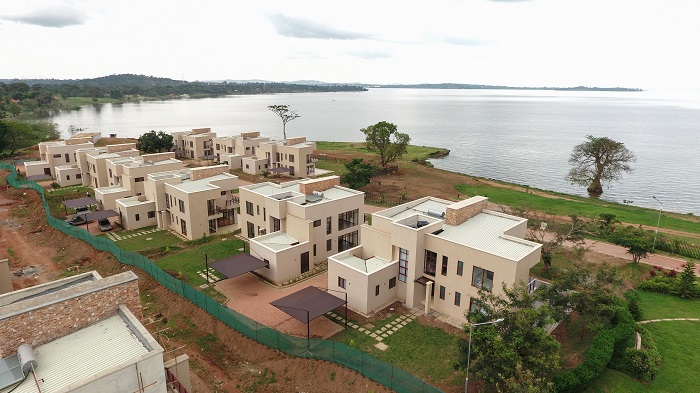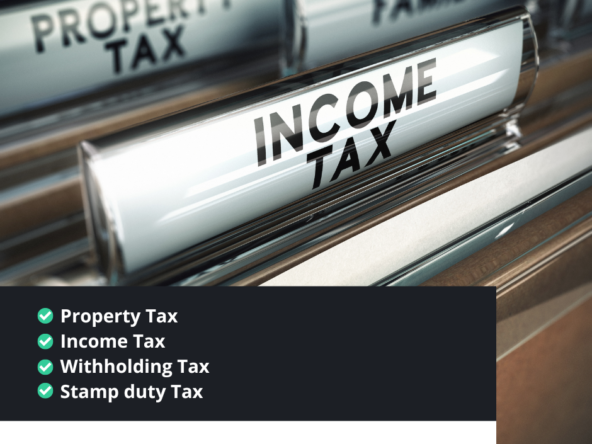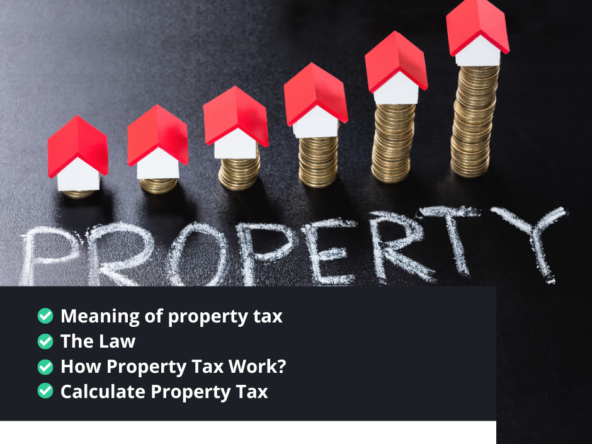Ultimate Guide to Buying a Vacation Rental Property in Uganda
The concept of vacation rental investments has gained considerable momentum in recent years, and for good reason: the expansion of the economy, in addition to the advent of the private accommodation sector, has made it considerably easier for families to go on more vacations of their own.
As the economy improves, more and more people are finding the disposable income to spend on vacations.
Contrary to what many investors think, owning a vacation rental property isn’t just like traditional real estate investing. Buying a vacation rental property requires a keen understanding of local markets and projected revenue. Remember, unlike a traditional buy and hold property, buying a vacation rental means you’re adding a property to your portfolio that will have vacancies sometime of the year.
So, here are some things that every prospective vacation rental buyer should know before they make an offer and begin the process of buying a vacation rental property.
Steps for Investing in Vacation Rentals
Before you even look at buying a vacation rental property, there are a few things you need to figure out. That’s because learning how to buy a vacation rental requires a special set of strategies.
Fortunately, it’s not as difficult to start investing in vacation rental properties as many would assume. In fact, I have broken down the entire process into five simple steps that anyone with a good work ethic and a mind for due diligence can grasp. Ringing true for almost any type of real estate investment, the very first step is doing your homework before you take any actions investing in vacation rental property
Do Your Homework
We have all heard it before: the golden rule of real estate is location, location, location. Quite simply, the location of a property is more important than anything else; it’s the one thing that ultimately can’t be changed. That said, it shouldn’t surprise anyone to learn that the first step to investing in vacation rental properties deals with deciding on a location. Proceed to choose not only a city to invest in, but a region within said city. The more specific you can be, the better. Mind your due diligence and pay special consideration to all the things that matter:
- market conditions
- employment rate
- weather
- proximity to certain amenities
- demand
- inventory and a number of other factors.
While you certainly need to consider the tangible financial aspects of a prospective property, you can’t ignore the fact that your impending purchase must be in a pleasant, accessible, desirable location to easily attract guests.
Conduct an In-Depth Market Analysis
Once you’ve narrowed down your search to one or two potential locations, it’s time to examine market and demand even more closely. Keep in mind that vacation rental demand is a different animal when compared to residential demand. Ask yourself, would you want to vacation in this area yourself? Consider practical things,
- such as what type of attractions are nearby,
- how the popularity of these attractions peak throughout the year.
- Then ask yourself, is there enough consistent demand for the vacation rental investment to be considered sustainable?
- Is there as much appeal in the winter as there is in the summer, and vice versa? Taking a look at vacation trends, as well as property types, that are influencing a particular area should be taken into careful consideration.
In addition to looking at vacation trends, you’ll also want to take property types and the local market into careful consideration. Once you figure out what type of property you’d like to buy, it’s time to make some market comparisons. Otherwise known as “comparables,” these properties will give you an inside look as to how the market is performing for a particular type of asset. Free listing sites such as Airbnb are a great place to start compiling market data. In addition to familiarizing yourself with a respective area, you can very easily identify a rental price range and begin to formulate the income you can reasonably expect from the property you are interested in. Check out our list of the top 10 places to buy vacation rental property.
Understand the Rhythm of Vacation Rentals
Earlier, we touched on the ebbs and flows of demand, which deserves an even closer look. Vacation properties are much different than traditional rentals: the income generated is often dependent on the season. A house near the water will attract more interest in the summer. A house near a ski resort will thrive during the winter months. You need to know what you can expect during both the peak seasons and off months. You also need to have an idea of what the overall monthly expenses will be. You need to factor in that you will have to furnish the property, and clean it every few weeks.
Calculate Your Expected Income and Expenses
You can proceed to dig a little deeper if your selected market shows an inherent demand and the numbers you crunched indicated a good promise of consistent positive cash flow.
After all, most vacation rentals are seasonal. While you can expect strong demand during high seasons, the demand needs to be lucrative enough to offset less busy months. I recommend factoring in at least a 25 percent vacancy rate, as to account for those times that the property is more than likely to sit empty. What’s more, you need to account for a variety of other fees: condo fees, HOA fees, routine maintenance, etc.
There is one last fee that must be accounted for: the property management fee. While it’s entirely possible to act as your own landlord, enlisting the services of a qualified property manager is highly recommended. This especially rings true if you’re investing from a distance. Through their help, even an average property can become a great one — all without you doing anything more than sitting back and collecting rent checks.
At this point, you should have a good idea of how much you could expect the property to fetch in rental income and the expenses that will ensue. Provided the remaining balance works in your favor, you may have a deal on your hands.
Advertise Your Property
Once you’ve made your vacation home investment, it’s time to start marketing your property and fill up your calendar with as many bookings as possible. Luckily, there are several inexpensive booking sites that allow vacation property landlords to get as many eyeballs on their properties as possible. See some examples below:
Airbnb: Probably the most well-known vacation rental listing site out there. This platform, with no annual fee, is best for city rentals and properties in hot-spot destinations. Just be sure to do a search in your area, if there’s not much site traffic in your area, it’s best to list elsewhere. This platform offers a mobile-friendly interface, low listing fees, and is the most popular listing service, helping to get the most eyeballs on your property listing Vacation Rental Property in Uganda
Your own website: Why only rely on the major vacation rental listing sites to generate leads for you and provide information to would-be tenants? Platforms such as Airbnb provide a ton of convenient services, for both tenant and renter, but that doesn’t mean you can’t create a dedicated website that provides information (especially video and pictures) that gives renters a detailed look at why your property is the best choice. Best of all, you can link to your vacation rental website within your listing service profiles and even use it on marketing channels such as YouTube videos and Facebook posts.





